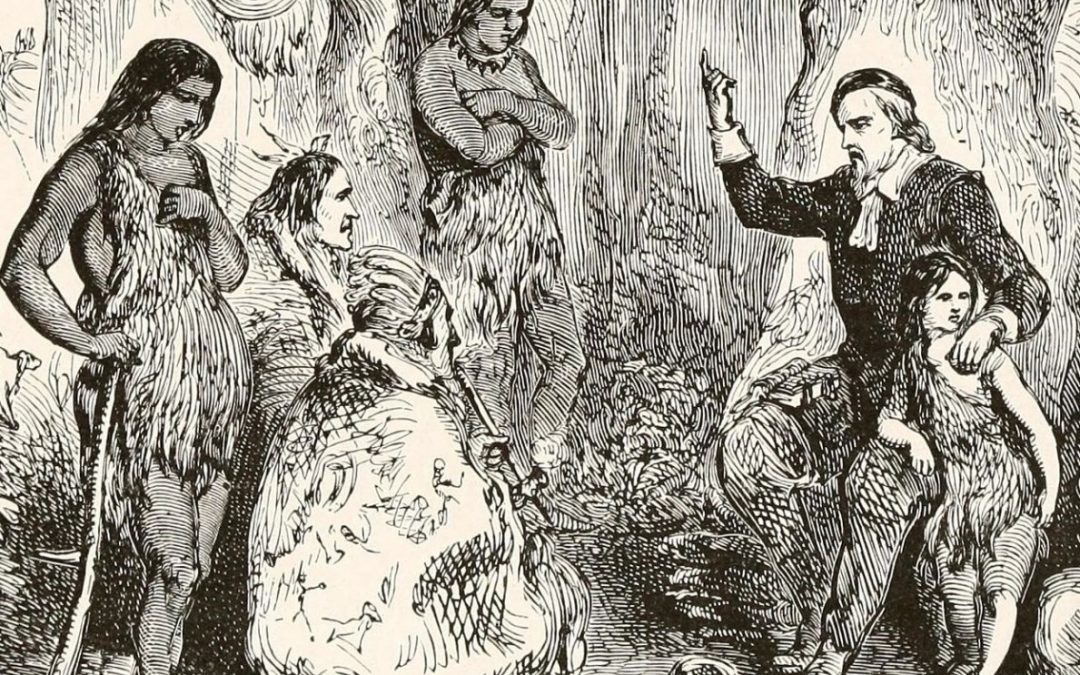
Book review: John Eliot: “Apostle to the Indians”
…a very busy life…
Book review:
John Eliot: “Apostle to the Indians”
by Ola Elizabeth Winslow (1885-1977)
Boston: Houghton Mifflin Company, 1968
225 pages
John Eliot is a detailed, respectful biography of the mid-17th century Puritan minister who organized Praying Indian towns in the Massachusetts Bay Colony and translated (with the help of James the Printer and other Indians) the Geneva Bible into the Algonquian language of the eastern Massachusetts Indians.
Winslow offers a competent account of Eliot’s very busy life, and provides decent political and sociological context for his personal, tenacious, and domineering commitment to “civilize” the Indians and convert them to Christianity. Eliot’s tribulations and triumphs are clearly presented, and Winslow underscores the judgment of his contemporaries and of three centuries of scholarship that demonstrate that Eliot was a vigorous, decent, and exemplary man who did his lifelong best to promote the welfare of the Indians—as he conceived it.
There is a useful index, an extensive bibliography, and instructive notes to the text.
Caveat: Prof. Winslow was no ethnohistorian, and she wrote in a style that may be more valuable to a student than to a sincere historian. She endorses, without any apparent reluctance, the discredited conception of the indigenous Indians as “savages” who were “degraded” and burdened with “dark” minds that invited the self-conceived redemptive efforts of the colonists to “civilize” them and bring them into the English church.
This careless error—indeed, this gratuitous insult to 17th century native Americans who had a vibrant culture, lifestyle, and faith—is a very annoying distraction.
* * * * * *
Book review. Copyright © Richard Carl Subber 2018 All rights reserved.
A poet is a “maker”
…and it doesn’t have to rhyme…
Seeing far: Selected poems with 47 free verse and haiku poems,
and the rest of my poetry books are for sale on Amazon (paperback and Kindle)
and free in Kindle Unlimited, search Amazon for “Richard Carl Subber”
* * * * * *
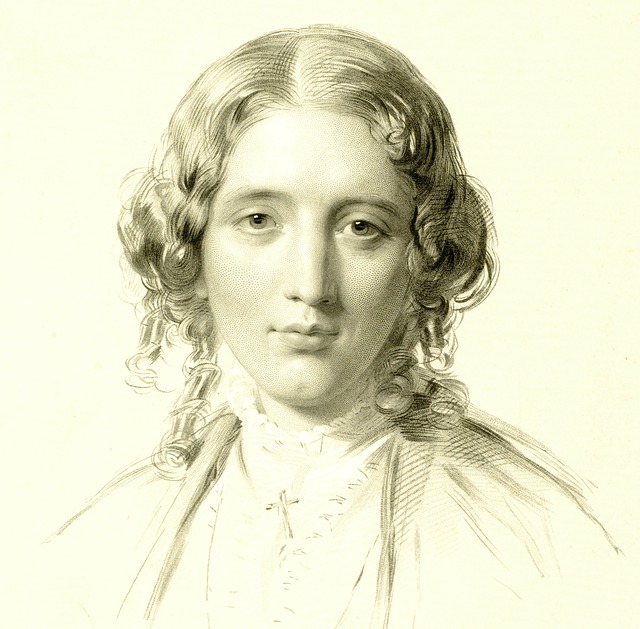
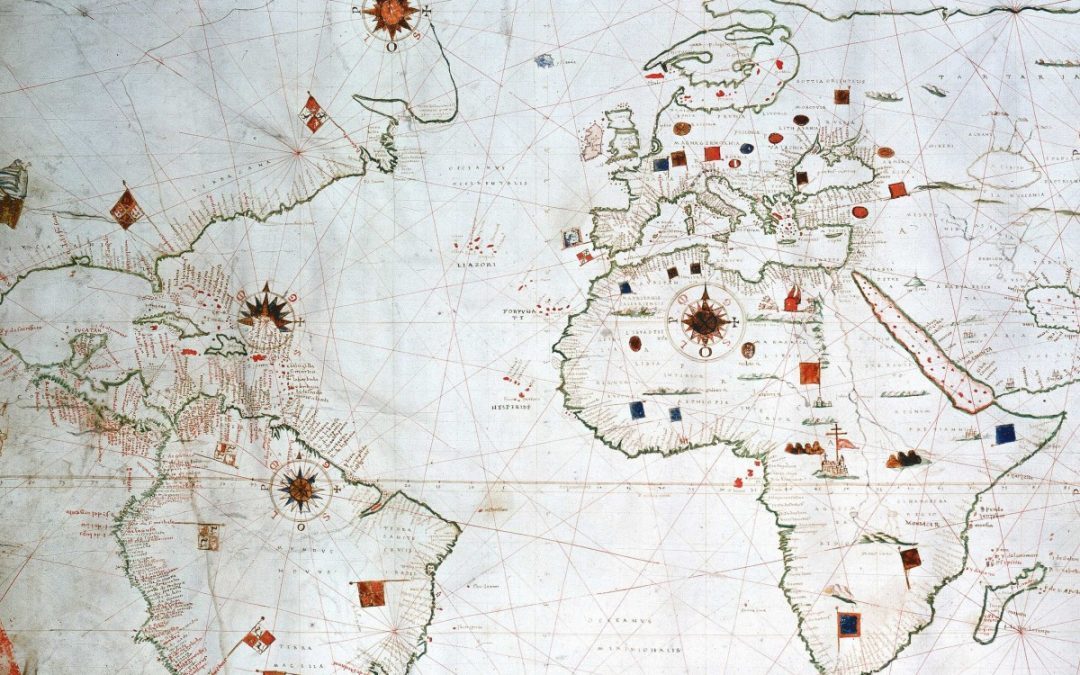

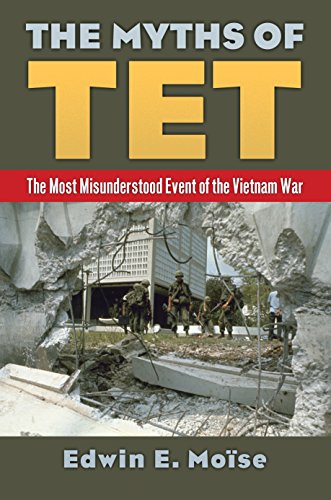
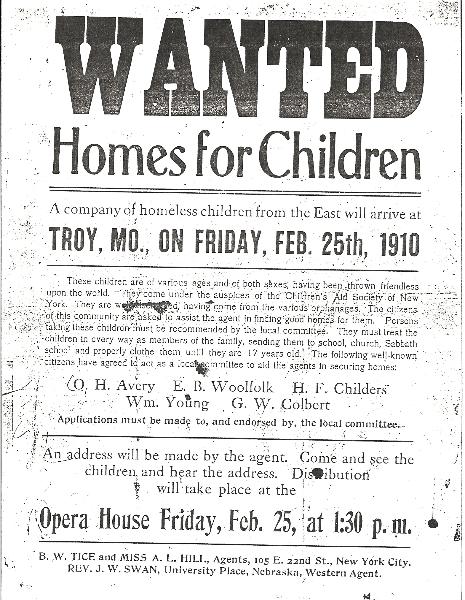
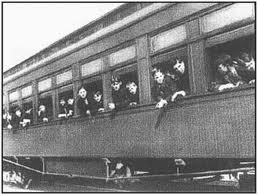
 Another character, Molly Ayer, the modern goth lassie who interacts with the nonagenarian Niamh, is a puzzlement. She’s a foil and an analog for Niamh—her story is a provocation in Orphan Train, it adds interest and it injects a diffusion of clarity. I assume that’s what Kline wanted.
Another character, Molly Ayer, the modern goth lassie who interacts with the nonagenarian Niamh, is a puzzlement. She’s a foil and an analog for Niamh—her story is a provocation in Orphan Train, it adds interest and it injects a diffusion of clarity. I assume that’s what Kline wanted.